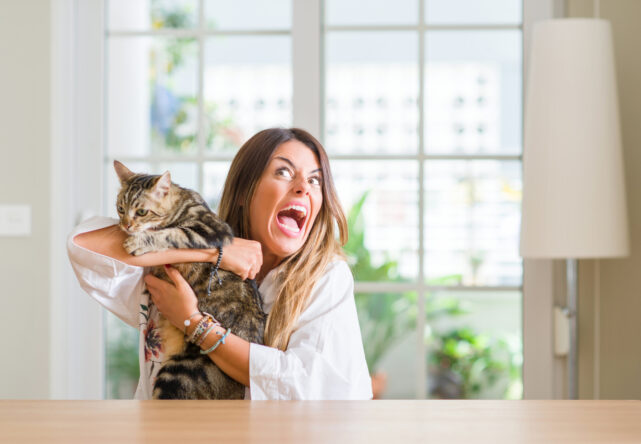If you let your cat wander outside, chances are, they’ve brought back some not-so-welcome gifts at times.
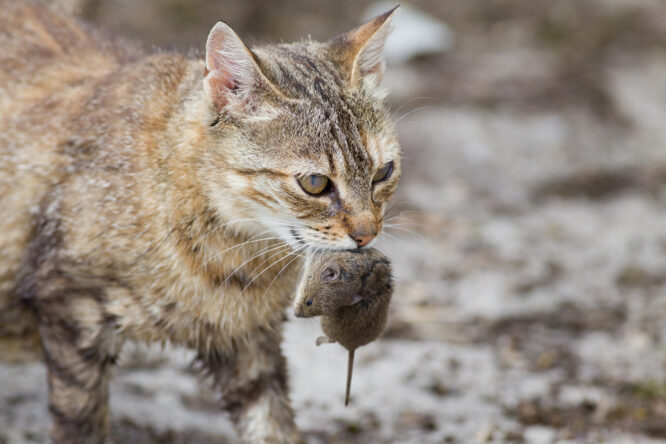
Whether it’s mice, birds, or any number of other creatures, no owner wants to be the recipient of formerly living things your cat’s killed. However, while your feline’s practice of dropping dead animals at your feet might feel like a strange and slightly gruesome gift, to them, it’s a meaningful gesture. Here’s why they do it.
1. They see you as part of their family.
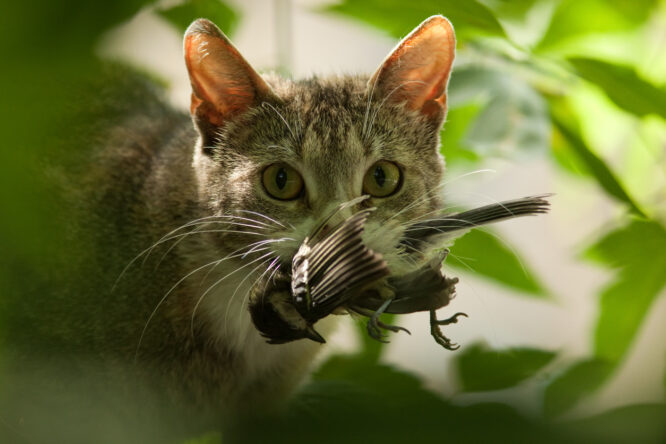
One of the most common reasons cats bring dead animals home is because they view you as part of their social group. In the wild, cats will share food with members of their colony as a way of bonding and taking care of one another. When your cat does the same with you, it’s essentially saying, “You’re one of us.” It might not be the kind of dinner guest etiquette you’re used to, but it’s meant with love.
This behaviour shows your cat recognises you as part of its inner circle, and that’s actually a pretty big deal. Instead of reacting with horror, you might see it as a moment of unexpected affection. Of course, the actual clean-up isn’t as endearing, but the sentiment behind it is oddly sweet.
2. They’re trying to teach you to hunt.
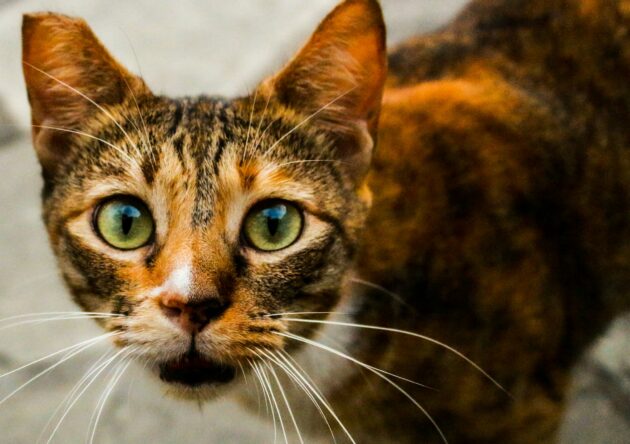
In multi-cat households or in the wild, older cats teach younger ones how to hunt by bringing back prey. If your cat is bringing you dead animals, they might believe you’re in need of the same education. It’s a quirky form of mentorship, really. They might think you’re absolutely hopeless at fending for yourself, and this is their way of showing you the ropes.
That dead bird or mouse isn’t just a snack; it’s part of a curriculum. Your cat may drop it at your feet and then look at you expectantly, waiting for you to take the next step. It’s weirdly flattering and a little humbling all at once, especially if they keep doing it like you’re a slow learner.
3. They’re responding to instinct.
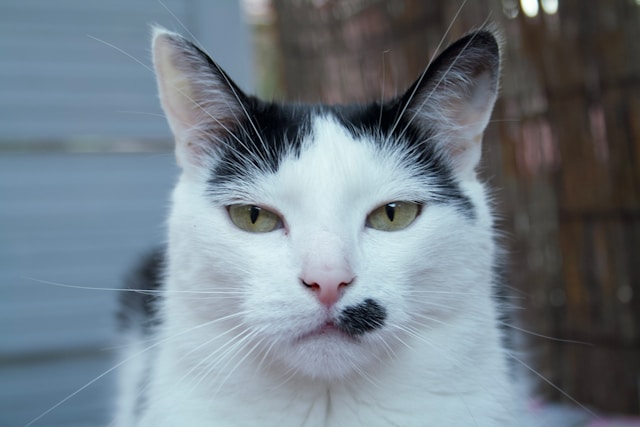
Despite being domesticated, cats still retain many of their wild instincts. Hunting is deeply ingrained in their DNA, and when they catch something, their instinct might be to bring it back to a safe spot, like your home. It’s not necessarily about you; it’s just what they’re hardwired to do.
They aren’t thinking about how you’ll feel when you step over a squirrel at 7am. They’re just acting out their natural behaviours. Your living room might feel far from the savanna, but to your cat, it’s the perfect den to stash their prize.
4. They want to share their success.
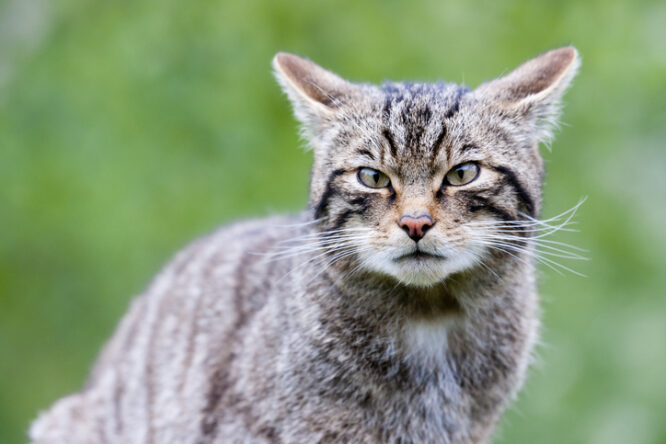
Cats don’t just hunt for food; they hunt for sport, for practice, and for pride. When they bring back a dead animal, they may be showing off their achievement. It’s like a trophy. To them, you’re someone whose opinion matters, so they’re proudly showing you what they’ve done.
It’s the feline version of saying, “Look what I did!” And while your reaction might be less enthusiastic than they’d hoped, your cat isn’t trying to gross you out. They’re just looking for a bit of recognition—maybe a nod or some admiration, not a shriek and a mop.
5. They think you’re a terrible hunter.
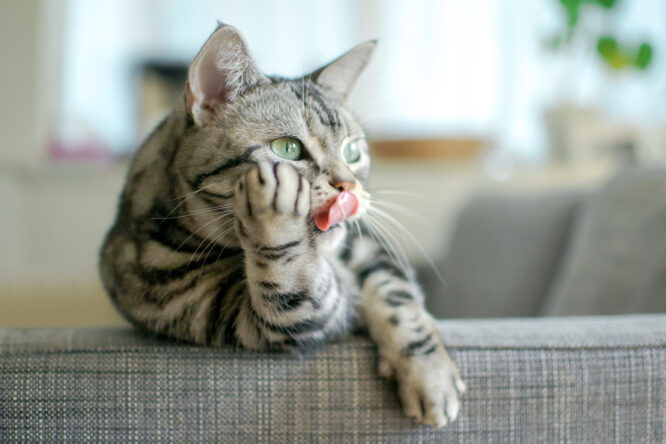
Your cat might assume that because you never bring home prey, you must be terrible at hunting. So, they take it upon themselves to do the job for you. In their eyes, you’re not pulling your weight in the food department, so they’re stepping in to help.
This is your cat trying to be supportive, in a slightly condescending way. They’ve noticed you rely on tins and bags instead of hunting for your meals, and frankly, they’re worried about you. So they’re offering a helping paw, even if it’s one you didn’t ask for.
6. They’re practising their skills.
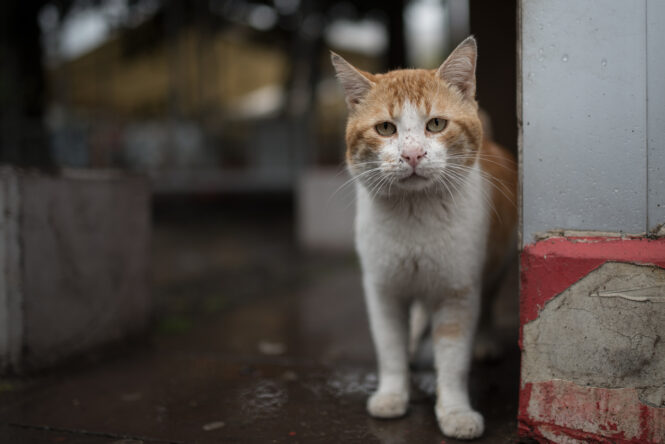
Especially in younger cats or those who’ve recently started venturing outdoors, bringing prey home can be a sign they’re honing their hunting skills. It’s like training for them. Killing the prey and then carrying it back helps reinforce their instincts and confidence.
Much like a student bringing home their best project, your cat is showing off what they’ve learned. Even if they don’t eat it, the act of hunting and bringing it to a safe spot is all part of the learning curve. You’re just the lucky recipient of their ongoing education.
7. They want to feed you.
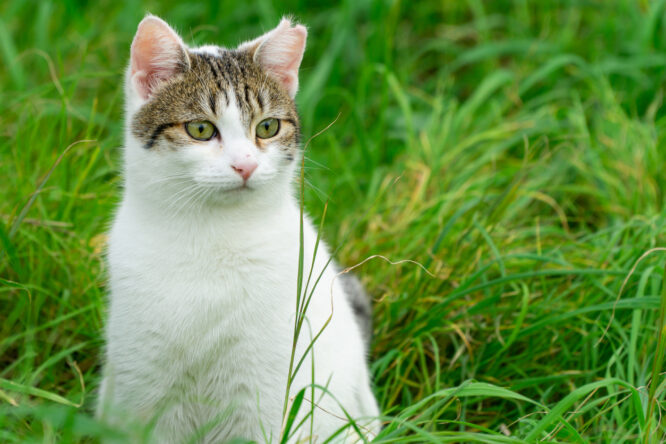
Cats sometimes bring food to other cats or kittens they care about, especially if they think the other cat can’t hunt on its own. In a strange twist, your cat might see you as a dependent — someone they need to feed and look after. So, they’re offering what they consider a fresh, nutritious meal.
To you, it’s a horror story playing out on the kitchen floor. But to your cat, it’s an act of nurturing. You might not be ready to add vole to your menu, but your cat believes they’re doing something kind. That’s some hardcore love right there.
8. They’re feeling secure in their environment.
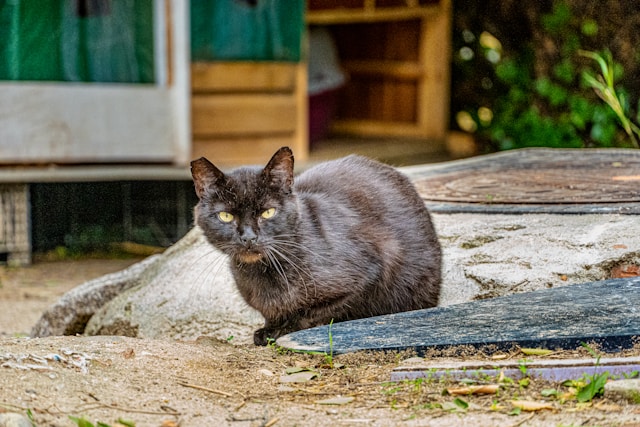
Cats only bring their kills back to a place they consider safe and secure. If your cat is doing this regularly, it means they feel your home is their territory and a reliable base. They wouldn’t drop a dead bird just anywhere, only in their trusted zone.
This habit can be seen as a slightly twisted compliment. Your home is their chosen space to celebrate their hunt, and you’re part of that. If they felt unsafe or unsettled, they’d hide their kills or leave them elsewhere. So as unsettling as it is, it’s also a nod to the comfort they feel in your presence.
9. They’re responding to boredom.
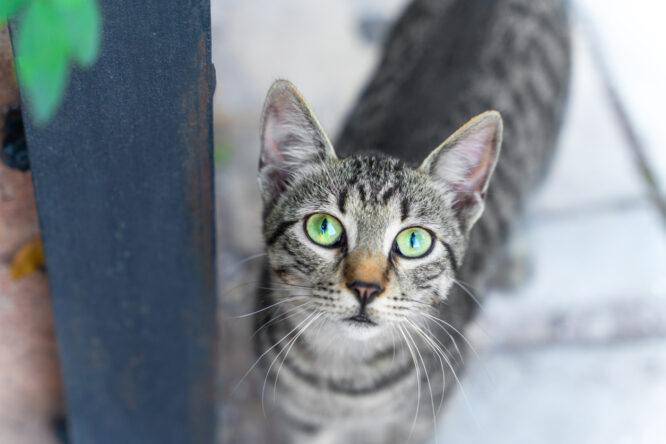
Sometimes, hunting and bringing back animals isn’t about instinct or affection—it’s just a way to fill time. A bored cat with energy to burn might go out looking for something to do and end up catching a bird or mouse purely for the thrill of it. It becomes an activity, not a necessity.
This is especially common in cats who don’t have enough mental or physical stimulation. They turn to their natural behaviours as a way to stay entertained. If it keeps happening, it might be a nudge to up their playtime indoors, and maybe save a few unsuspecting critters in the process.
10. They’re seeking praise.
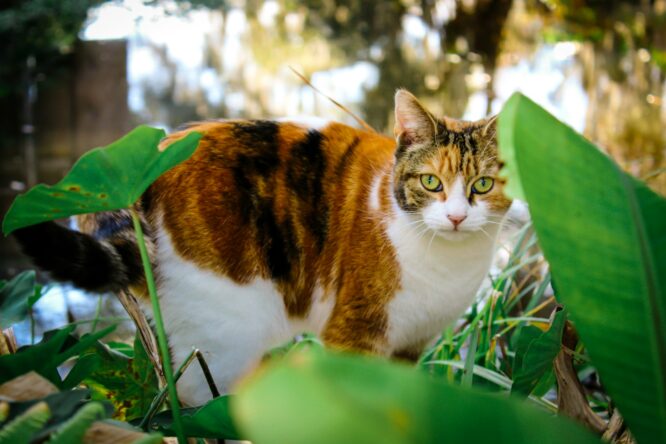
Whether you react with a gasp or a yelp, your cat notices. They may associate your attention, even if it’s shock, with a reward. Over time, they might start bringing you dead animals not just for instinctual reasons, but because they think you’ll be impressed.
Cats are more perceptive than they get credit for. If they’ve received attention or a treat after dropping a mouse at your feet before, they might continue the pattern. To them, it’s cause and effect. You might not love the outcome, but they’re working with the feedback you’ve given them.
11. They want to stash it somewhere safe.
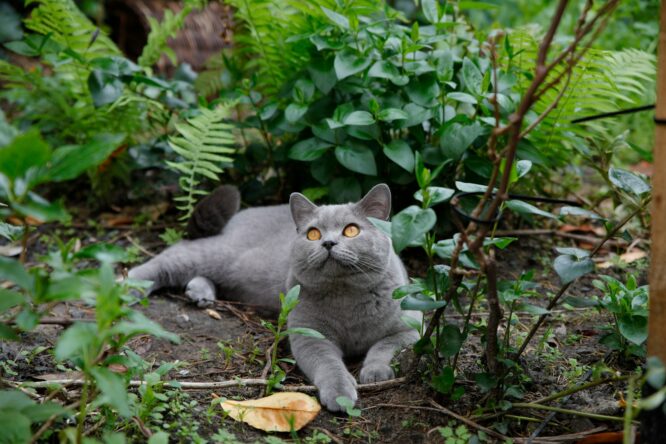
Sometimes, your cat may not even mean for you to find the dead animal. They might just be trying to bring it to a safe spot where they can return to it later. Your house, unfortunately, is the designated storage unit in this scenario.
If the prey ends up under the sofa or in your shoe, it probably wasn’t meant as a gift at all. Your cat just wanted a secure hiding place. It might be worth checking under the furniture now and then, since not everything they bring in gets handed over.
12. They’re simply following their natural prey drive.
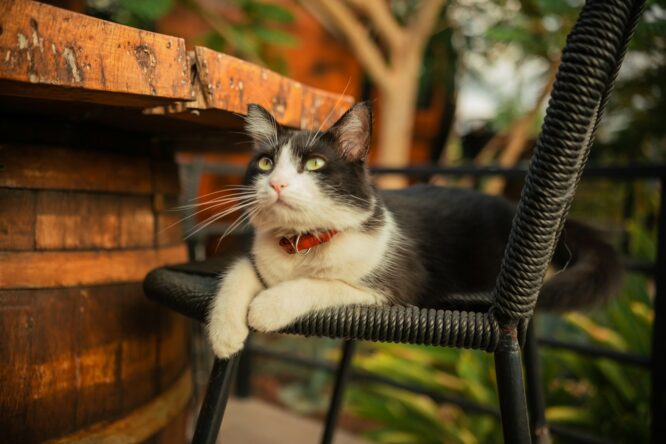
At the end of the day, many cats just have a strong prey drive. Whether they were born into a hunting environment or have retained the instincts through generations of domestication, the urge to catch and carry prey runs deep. Bringing it home is just part of their process.
You can try to redirect their energy with toys and indoor enrichment, but if they’re allowed outdoors, it’s hard to completely shut down those instincts. They’re doing what they were made to do, even if it leaves you with a few too many surprises on your doorstep.




